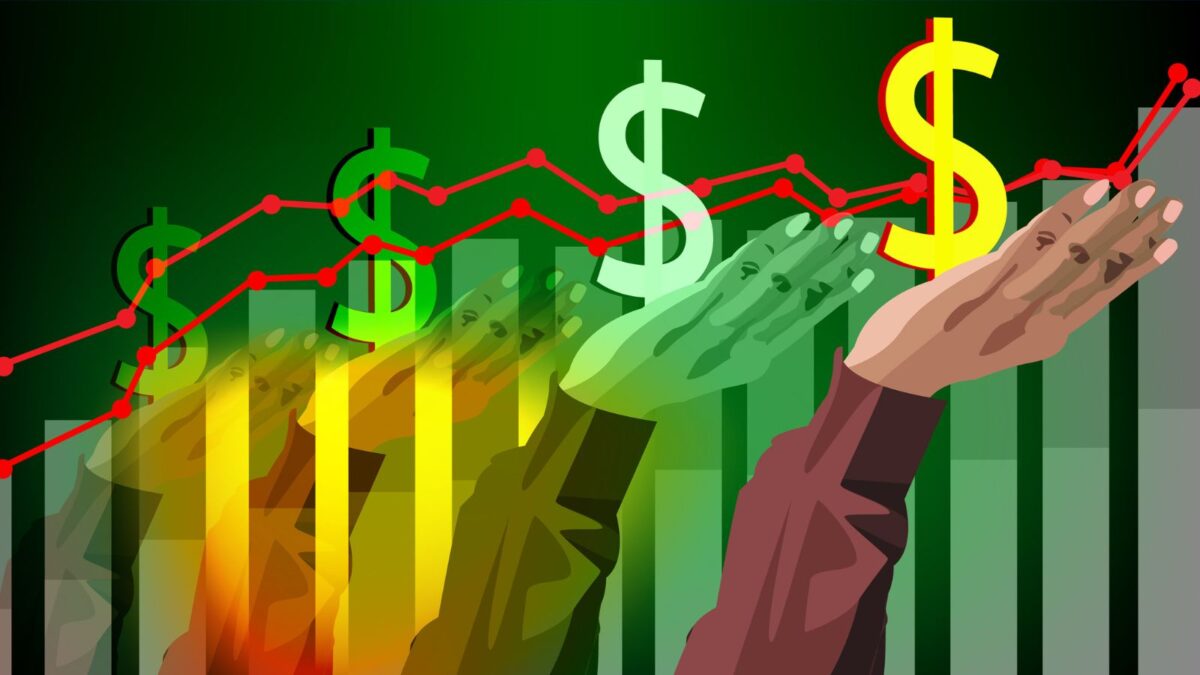ESG and the ‘clash of cultures’
The cult of the benchmark is alive and well in global financial markets – and it’s probably doing more harm than good when it comes to ESG investing.
ESG has leapt from the fringes of the financial services to widespread acceptance in just a handful of years. But markets tend to act as myopic, short-term voting machines, and that doesn’t always mesh well with something that’s all about the long-term. It’s a clash of cultures where everybody is trying to make ESG fit into existing risk/return paradigms, beat the benchmark, or “turn it into a factor that can be stuck in a model.”
“We’re talking about a global economic transformation the likes we haven’t seen since the Industrial Revolution; we have to reduce emissions by half by 2030 and eliminate them completely by 2050,” says Pablo Berrutti, senior investment specialist with Stewart Investors’ Sustainable Funds Group. “We have a biodiversity crisis where we have species extinction at a rate we haven’t seen for 50 million years. We have billions of people who still need more economic opportunities.”
“That’s a clash of cultures. The reality of the world we live in and the challenges it faces, and what we need to get to deliver sustainable development outcomes, versus the way that markets and a lot of investors still think about ESG issues, are very much misaligned. That’s the biggest issue we need to address.”
Things like the United Nations Sustainable Development Goals and the Paris Agreement have helped by creating the idea that there is an absolute target that needs to be reached, a threshold that cannot be crossed. It’s a very different conversation to the one that was dominant “just a few years ago.” But ESG investors need to be clear with their clients about what returns they can expect.
“When the benchmark is shooting the lights out, we’re (Stewart) not going to keep up in most markets; there’s cases where we do, but generally not. When the bottom is falling out of markets we’re going to hold up better, and we’ve been able to show that over a long period of time,” Berrutti says.
“We try to set that expectation clearly. The long-term approach that we have, the focus that we have on sustainable development and quality – sustainability isn’t enough on its own – that’s the kind of dynamic that you’re going to have.”
The vast interest in ESG from retail investors has also meant that greenwashing has become rife; we’re seeing extraordinary product proliferation, and as with any rapidly growing market, Berrutti is seeing some managers without “the history, the ability, or the competency” to do ESG well.
“They’re more orientated towards selling a product or a vision. You see that with the renaming of a lot of funds; all of a sudden they’re labelled “sustainable”, but what’s really changed? I think that’s a real concern, and if you look at the regulatory changes happening in the EU, that’s a key question for them – how do retail and wholesale investors in those markets get confidence around those products they’re buying into?”
Like many other managers, some of Stewart’s own funds have been challenged in recent months. It’s an inverse of the paradigm that propelled some ESG investors to awesome heights through the Covid Crash and subsequent oil price shock. This time fossil fuels have soared on bad news from Russia and Ukraine, while healthcare has been punished – near indiscriminately.
Stewart doesn’t invest in a lot of the “big pharma” companies – the government kickbacks and evergreening of patents makes it hard to build an ESG case for them – and prefers to play in the diagnostics and medtech space.
“They’ve been hammered just as much as some of the lower-quality healthcare companies that we wouldn’t invest in,” Berrutti says. “So we feel that, as that starts to right itself, things will hopefully revert to a more sensible place. Some of the industries that we can’t get comfortable around have done extremely well.”
“If you do have a market that has indiscriminately punished healthcare or punished technology, that’s an opportunity to reinvest more capital in those companies we think are really high quality and will deliver over a decade, and that’s what we’ve done.”










